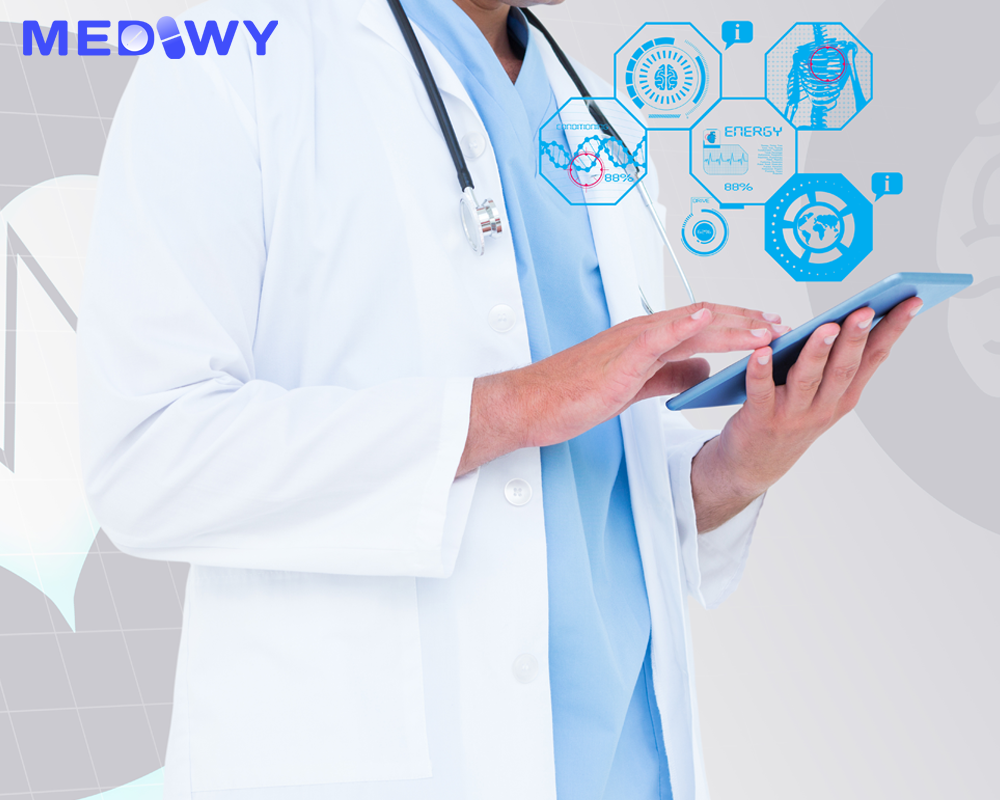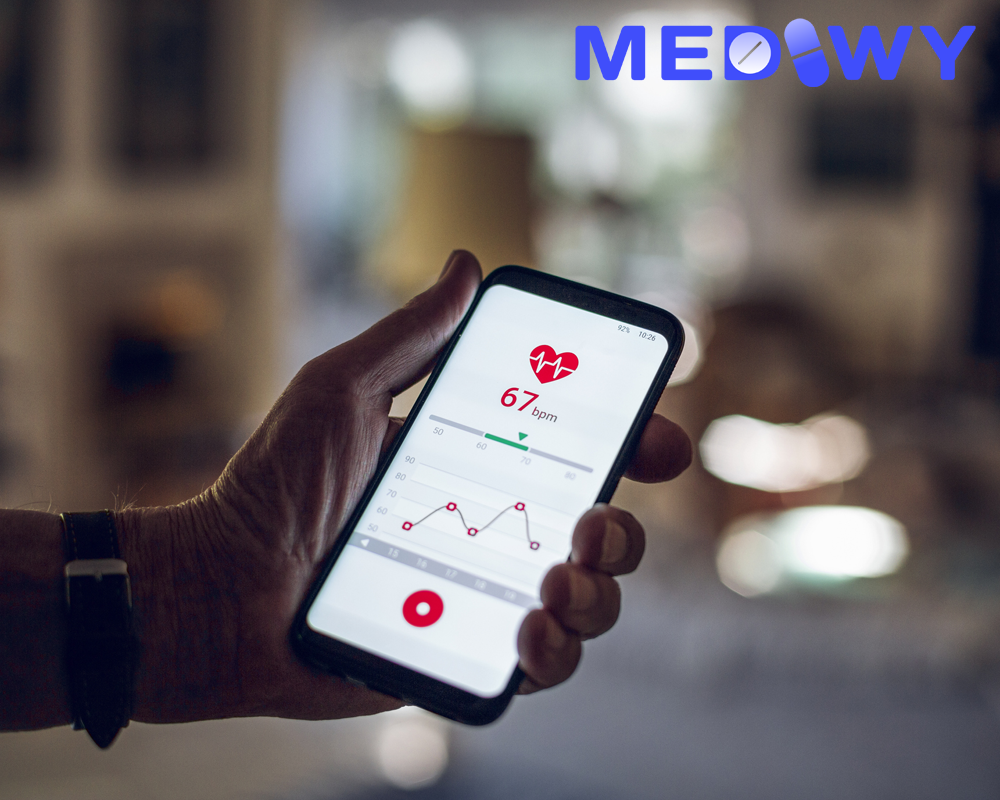National Digital Health Mission (NDHM): Explained

On August 15th, the government launched the National Digital Health Mission (NDHM). The Hon’ble Prime Minister expressed in his Independence Day speech that it is a movement in which technology will play a crucial part in revolutionizing our country’s health sector. Each person would be given a Unique Health ID (UHID) by the government, which will serve as a “Health Account”.
What is the goal of NDHM?
NDHM intends to digitize the healthcare network in our country. The purpose is to deliver universal healthcare with better efficiency. The UHID will connect the health accounts of a person like UPI connects the bank accounts of a person. The notion is to have a singular source of data for the healthcare industry also.
In what ways does NDHM support the healthcare system of our country?
There are four main solutions that NDHM presents to the healthcare community:
Interoperability: Nearly all the healthcare facilities in our country hire ten people or less. This shows the varying and fragmented quality of healthcare facilities that prevail in our country. The majority of the data is distributed across these channels. It implies that whilst every unit possesses its own data; such data is not transferable or useful for other facilities. NDHM can assist in solving this problem and prepare the data at hand interoperable. NDHM would link these databases so that healthcare facilities can access any data in a single location.
Efficiency: Each patient record can be procured by the healthcare facilities and stakeholders. For this, the individual will have to give their consent for the same. A longitudinal patient history will benefit in overcoming the age-old nature of the healthcare system. The patient is not needed to store documents and have them physically at the moment of consultation with a medical professional. Access to a patient’s medical record and history will also enable doctors to develop a more precise treatment plan. Further, this would improve the probability of a correct diagnosis.
Macro-level healthcare: NDHM will assist the government in carrying out their healthcare programs. These programs include Ayushman Bharat Yojana. It is a program intended for delivering healthcare to approximately 10 crore families in our country who are impoverished or in the lower-middle-class bracket. NDHM can aid in recognizing the probability of diseases or infections among the population. According to Forbes, the digitization of health data into one database can help in fighting pandemics. It is a crucial landmark in the field of biomedical research. The macro-level data will be made accessible to researchers and medical practitioners. This will play a significant part in refining the quality of healthcare in our country.
Consent Control: NDHM aims to make the patient the owner of their medical data. Earlier, a person had no control over the data that was being documented or recorded by a particular hospital unit. The healthcare units owned the data that was created. Now, with NDHM, a patient has consent control. The patient can control what medical record can be shared with whom and for how long that piece of data can be shared.
However, some struggles lie ahead when it comes to the execution of NDHM. Standardization of the data would be tough to attain as data is stored in numerous formats, often not structured. More importantly, there are capacity-building problems also. A large percentage of the population would need training for the execution of NDHM. But with time, one can aspire that our country conquers these challenges as the digitization of healthcare in a country as populous as ours is essential to assure convenient healthcare for all.
The National Digital Health Mission is certainly a right and reasonable step towards the direction in accomplishing the absolute goal of universal healthcare in our country.





